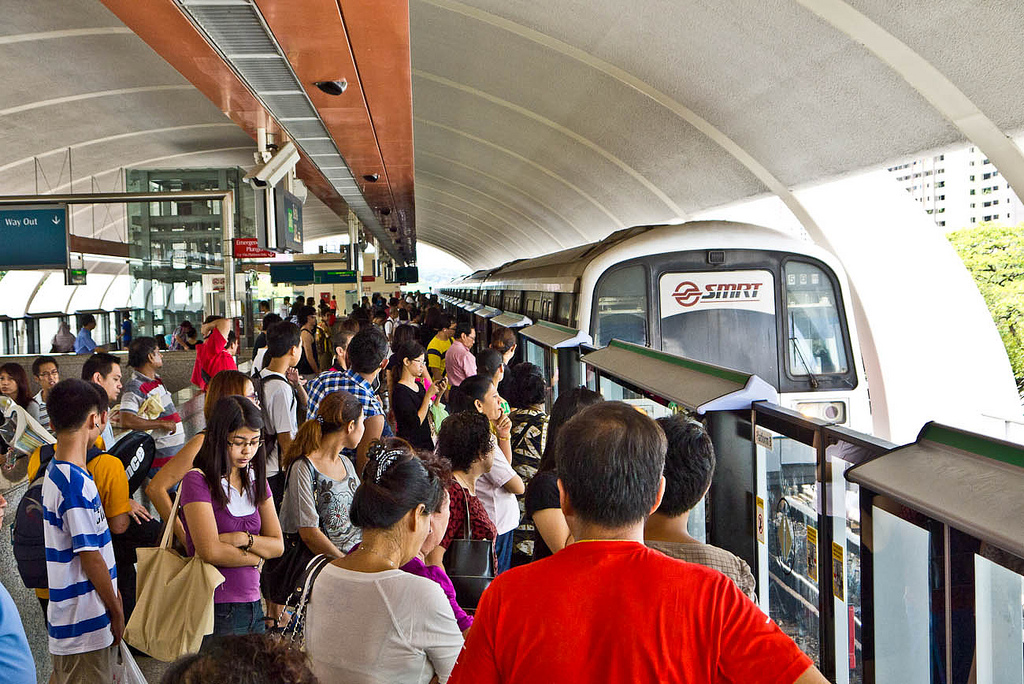The United Kingdom (UK) is likely to have a very difficult time renegotiating trade deals with European Union (EU)-member countries now that they are out of the union.
Germany's Chancellor Angela Merkel said this of Brexit, "Whoever wants to leave this family cannot expect to have no more obligations but to keep the privileges."
Obligations being things like the free movement of people intra-EU, while privileges being tariff-free trade among EU countries.
Having their cake and eating it
But that is exactly what the UK hopes for. But if they do that, what's stopping other countries from leaving the EU to enjoy the same privileges?
Can the EU close ranks and ensure that it "punishes" the UK for leaving and making an example out of them?
In theory, yes. Politicians from EU are putting on their tough guy faces, and judging by the reception Brexit and UKIP leader Nigel Farage received at a recent EU meeting, they mean business.
Take six minutes to watch Farage's speech:
While media all over the world will focus on the obvious "You're not laughing now are you?" soundbite from Farage as well as the jeering and sneering, the most important point Farage makes starts from the 5-minute mark.
How will Europeans foot UK's bill for leaving the EU
Farage made a point about how the EU may be cutting off its nose to spite the face - by introducing tariffs (import tax) to the UK, the EU will be worse off than the UK (jeers from the audience).
He raised a simple example - putting tariffs on cars imported by the UK may mean "hundreds of thousands of German workers would risk losing their jobs".
Was it a veiled threat? Or was he bringing things to his own logical conclusion?
It is easy for a politician to say punish the UK now, but in the months and years to come when their own individual electorate realises they may suffer the sting of losing business and jobs in order to "punish" the UK for leaving, what then?
Brexit and queuing up to get on the MRT
Queuing up to get onto the MRT ensures fairness and it also allows efficient traffic flow. You queue up, train comes, you let people off, then people who were in the queue first gets to board. Cooperation ensures the most optimal outcome.
But somewhere along the way, an uncle realises the best strategy to get onto the train first and securing a seat is to stand right in front of the doors. He blocks people from alighting and also trigger other people's tendency to crowd around the doors instead of queuing. Inefficient, messy, sub-optimal, unfortunate.
So, to prevent such things from happening, you can get one of the MRT staffers with a baton to ensure that everybody queues properly.
Getting aboard the train represents positive outcomes. The MRT staffer is the EU. The uncle in this case is the UK, while other commuters queuing up are the other EU nations.
When a commuter plays punk
In the context of Brexit, the staffer had failed to keep one person in line, and when that person leaves to stand in front of the queue, the staffer has to make sure he rejoins the queue to ensure fair outcomes for everyone else.
But when the person refuses to rejoin the queue, and says that if he were not allowed to stand in front of the doors, he would make a scene and cause others to miss the train, that's where the staffer will face a tough dilemma.
Staffer doesn't let him board, everyone gets affected.
Staffer lets him stand at the front of the queue, everyone else queuing would be miffed.
And with the threat of not being able to board, other commuters in the queue may start to act in their own self-interests. While the ideal situation is that everyone bands together to deal with the errant man, some people in the queue may have their own concerns, or would prefer to not make a scene, or may secretly want to get in front of the door while the commotion ensues. Others may also just walk off onto another door.
That's the EU's dilemma in which it has two years to solve.
The impossible challenge of getting everyone to cooperate and queue up
If left to our own devices, Singaporeans would be standing in front of the train doors. It took many years of STOMP-ing, appealing to our graciousness, and courtesy campaigns before we eventually queued up nicely. And still, we manage to mess it up once in a while when someone stands in front of the door.
If we were to mirror queuing up to the idea of the EU, we can see how impossibly hard it is to get several countries to work together.
The idea of European unity went as far back as the 1400s, and it took nearly 500 years, millions of deaths, and two World Wars, before people realised that if they did not cooperate and coexisted, there will never be peace and prosperity.
Now that the UK has taken the first step to abandon that cooperation, one can only hope the other European countries do not rush towards the train door.
Top image from sirchriss Flickr
If you like what you read, follow us on Facebook and Twitter to get the latest updates.
If you like what you read, follow us on Facebook, Instagram, Twitter and Telegram to get the latest updates.
